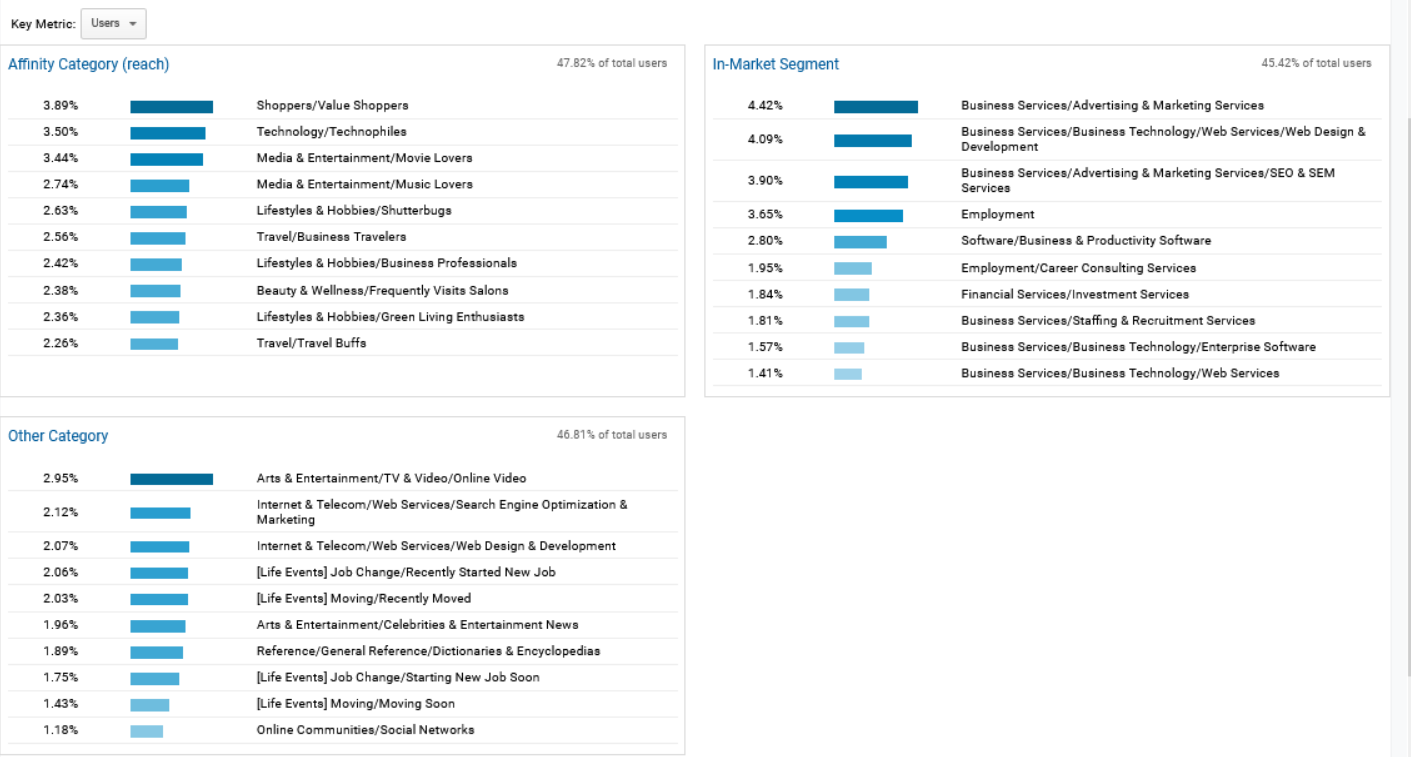How to Determine Your Target Audience for SEO
Keywords are often an integral part of any SEO strategy but it’s normal for SEOs to solely focus on the keywords they’re targeting while not considering if the searchers are the right audience for them. We’ve all done this—from beginners to seasoned experts, this can happen to anyone since we only consider the relevance and potential benefits that keywords can bring without considering if the users that search for them are the right audience for your website or business. If properly targeting the audience that you want is difficult, how can you determine the right target audience for your business or website? Here’s how:
Definition of target audience
A target audience is a group or collective that you want to enter your website. This includes potential customers or clients and people that would need, appreciate, and consume things inside your website. Additionally, a target audience includes people that are searching for websites like yours—people whose interests align with what your website is offering.
Knowing and determining your target audience is important since it’s one of the most integral but often overlooked aspects of keyword research. Knowing who your target audience should be, being visible for the right audience, and providing them with what they need are the basics of SEO success.
How to determine your target audience
Your current visitors and customers
The first step in determining your target audience is to analyze your current visitors and customers. Understanding the people that are already visiting your site is one of the integral processes for determining your target audience. Why? Because your current audience’s interests and affinities would help you understand the demographic or kinds of people you need to attract/target.
The first step is looking at the data which is easy enough. Google Analytics should be your go-to tool when you want to analyze and understand your current visitors and customers. Checking to see what their interests and affinity categories are is easy enough.
Just go to the Audience drop-down button on the left side of Google Analytics, then choose Interests → Overview. This will display all the interests and affinity categories for your website visitors.

Once you have the list of your visitor’s interests and affinity categories, you can now research keywords that are related to their interests and create appropriate pages that can rank highly to improve your visibility to the right target audience.
Additionally, it’s also important for you to align with your sales or business development team since they’re the ones that know which audience to target and they have a better grasp of the best audience to target. Combine the sales team insights and analysis of your site visitors then you’ll have an easier time finding the right keywords to target.
Check your competitors
Aside from your own visitors, a great place to determine your target audience is through your competitors. Not your real-world competitors but your SEO competitors.
The best way to start this is to determine your money keywords – keywords that bring you the most visits/conversions/inquiries. Once you’ve made a list of your money keywords, use those keywords in the search engines and check out the websites that rank for them. More often than not, there would be websites that would show up for multiple keyword SERPs. These would be your SEO competitors.
So, just check out which keywords they’re ranking for that you’re not targeting at the moment to make use of the added insight and opportunity to target a wider range of audiences.
Look for subtopics
After you’ve determined the right target audience you want through the keywords you’re targeting, the last part is to ensure that you’re not missing out on a good number of your target audience. That’s why you have to put effort into subtopics.
Subtopics would include keywords, usually long-tail, that are directly related to the keywords you want to target. These keywords would often be in a question format and would often have more focused intent on converting or purchasing which is great news for your site.
Additionally, subtopics are areas of research that can further refine your understanding of your target audience since these would involve deeper details on topics or industries that your website is in.
Key takeaway
Knowing and understanding your target audience can lead to massive success or devastating failure in the SEO industry. Determining the proper target audience for your website will not only help you reach a bigger audience, but it will also level-up your SEO since you’re attracting the right kind of people to your website that increases your chances of making a sale or profit.
I have to point out that it’s much more difficult to determine your target audience in SEO compared to SEM or Social Media Marketing since reaching the right audience in SEO isn’t pre-determined through an ads manager. SEO involves hard work and adapting to ever-changing situations/algorithms that make it difficult for us.
Additionally, if you make a mistake at the beginning of your processes, you have to start again from the beginning to avoid failure in making your website rank. So, it makes sense that the primary determining factor for us to know our target audience is through the keywords we target since that’s it’s the only way for us to reach our audience.
What about you? Do you make sure to target the right kind of audience for your SEO? Let me know in the comments below!
